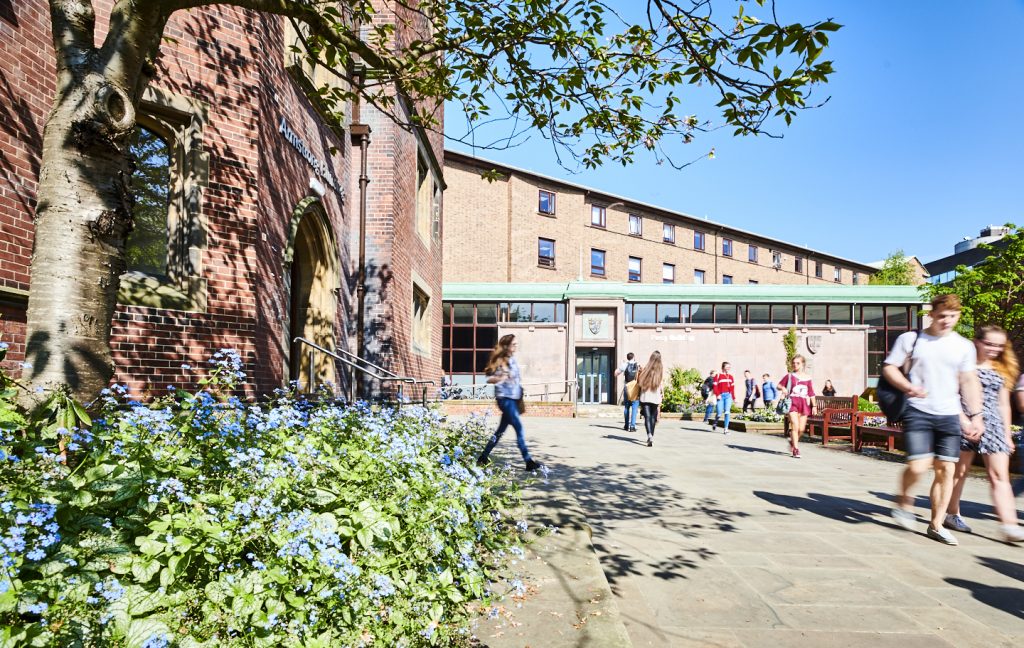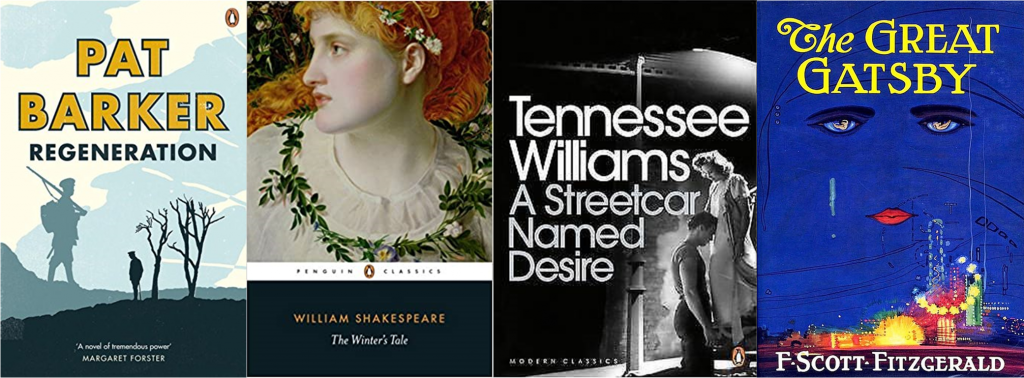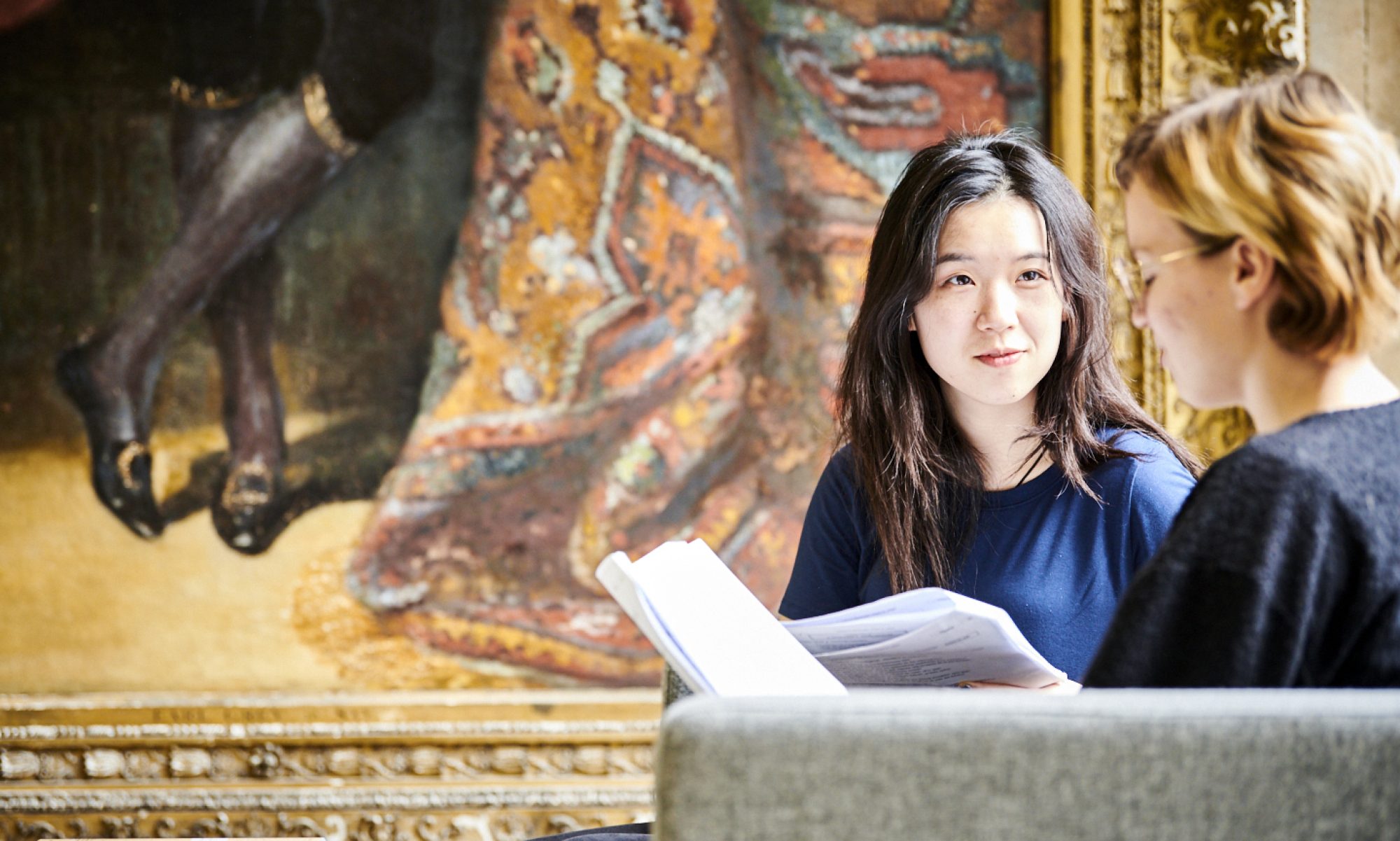Hello Everyone
Congratulations on your offer of a place to study English Literature (Q306) at Newcastle University! I am the undergraduate admissions director for English and a lecturer in Restoration and eighteenth-century literature. My colleagues and I hope to welcome you to our department this autumn, where I will be teaching our ‘Close Reading’ and ‘Transformations’ modules to students.

We will send out reading lists for all our modules in the Autumn once we have updated our teaching to take the latest research into account. For now, we have prepared some more general material to help you get ready for university study. This email contains some of that material, and will be followed by others, each one written by a lecturer at Newcastle and tailored to this strange, unprecedented time that you and we find ourselves in. If you have any questions about the material in these emails, or want to receive even more, please do get in touch with us through social media or email.
So what do I have to recommend to you today? I have a task that will lead to some new reading. First, the task:

I would like you to make a list of every book you remember having studied in your English (or ‘English Literature’) classes, and then think about what this list might show you.
• What do these books have in common?
• Are they mainly novels, plays or poems?
• When were they written?
• What kind of things are they about?
• Where do their authors come from?
• What class, gender, age (etc.) are those authors?
Once you have answered these questions, and others of your own devising, the next step is two-fold. First, identify a work of literature that has nothing in common with anything on your list. Perhaps that might be a book of poems by a working-class woman who lived in the eighteenth century and wrote about domestic servitude; perhaps that might be a play written and performed in the last two years. Why not read (or watch) that thing? As you engage with it, think about how you might write about it: can you analyse it like you analysed the texts you studied this year? What else do you feel you need to know?
My colleagues and I would love to hear what you discover this way. This task is intended to make you think in general terms about what constitutes ‘English Literature’ (and what does not seem to) and connects to larger theories about what we call ‘canonicity’. You can get in touch with us through email or social media.
Alternatively, you can find even more tips and resources on our Twitter page, or by searching the hashtag #NCLReady.
Best wishes,
James Harriman-Smith
Lecturer in Restoration and Eighteenth-Century Literature
Undergraduate Admissions Director

